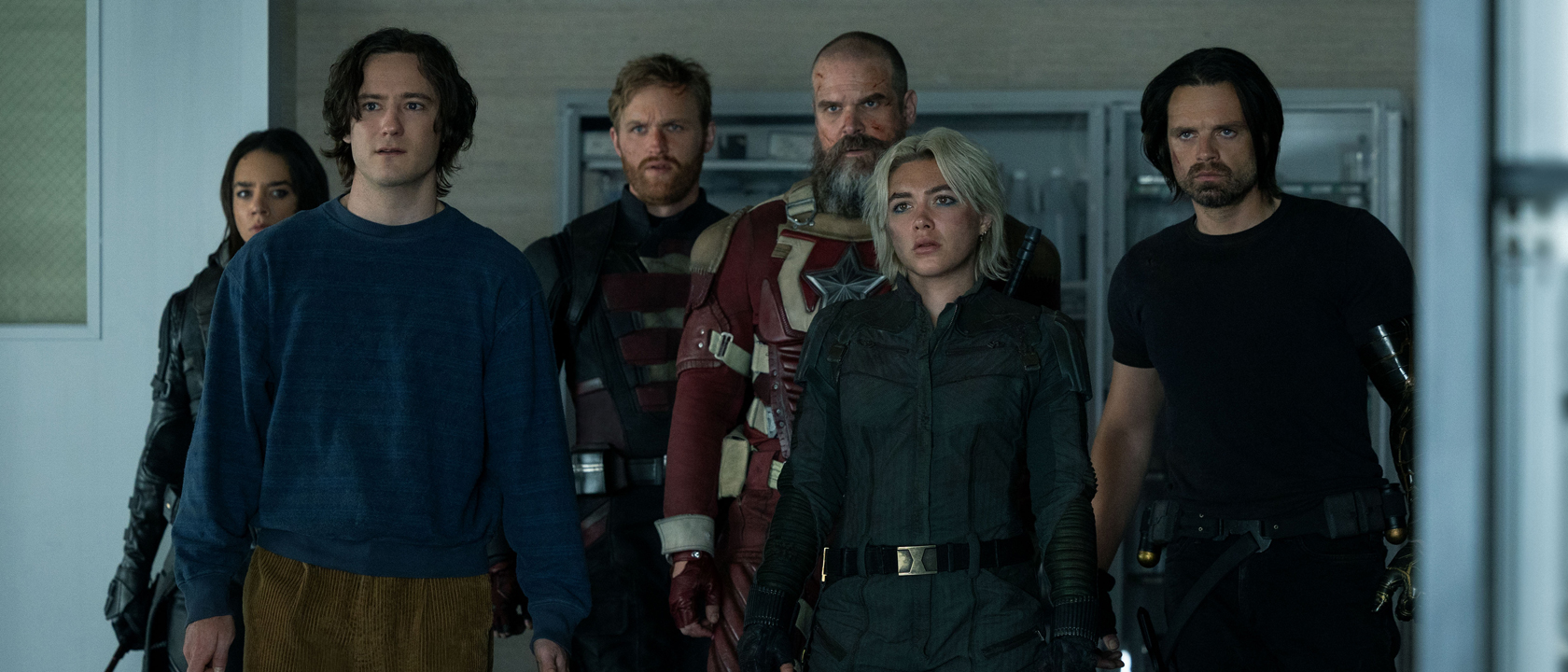In 1987, in the midst of his heyday, Arnold Schwarzenegger starred in Predator, an action sci-fi mixed genre film that won over both critics and movie-goers. But just like everything successful in Hollywood, the studio system attempted to build it into a franchise. The first sequel, Predator 2, was made in 1990 and both Alien vs. Predator and AVPR: Alien vs. Predator – Requiem arrived in the last six years. A mixed bag commercially, the films received a common line from the critics: a big thumbs down. While containing the same alien species, there was no linear connection between the sequels and the original film (the final two films merely an excuse to get two of cinema’s classic creatures to do battle). With Nimrod Antal’s Predators, the fifth film in the line, that pattern comes to an abrupt and blissful end.
With no opening credits, the film jumps right into the action as Royce, played by Adrian Brody, awakens mid-fall as he is dropped from high in the sky on to the lush, green, forested planet below. After awakening on the ground, barely surviving the fall, he discovers that he is not the only one to arrive in this fashion. Scouring the area, he finds others just like him who have no memory of how they arrived. After settling down, they realize that they all come from a similar background, be it military, FBI’s Most Wanted, or mercenary. In short, they are all killers. But the question persists: why are they there? Quickly, however, they realize that not only aren’t they the deadliest group in the jungle, but that they’re being hunted by those that are.
The film’s greatest asset is its “if it ain’t broke, don’t fix it” approach. Much like the rest of Schwarzenegger’s filmography, the original was very much part of the muscles-and-guns genre. The storyline was simple: a group of trained commandos head into the jungles of Guatemala and come face to face with the ultimate killer. Sound familiar? That’s because you just read the same plot outline in the previous paragraph, with an alien planet replacing the Central American country and an added sense of mystery. But the strangest thing here is that those seemingly minor elements are enough to prevent the film from feeling stale and repetitive. The movie doesn’t seem like a copycat, it feels like a true fan’s version of what should have followed the first film.
Going in, the wildcard was always going to be Adrian Brody. An Oscar winner for his performance in the Holocaust drama The Pianist, the large-beaked star has spent the bulk of his career establishing himself as a dramatic actor. Even in King Kong his character is pushed aside in favor of a giant ape, but it’s Brody who has the last laugh here. In spite of using a fake, gravely voice he completely sells the character as a selfish ex-military mercenary. Putting on at least 20 pounds of muscle for the role, he’s no Ah-nuld but he certainly looks like a man with a history of ass-kicking and a guy who you’ll believe can go toe-to-toe with a Predator. Not bad for an actor who’s greatest trademark up to this point has been endlessly middle-gazing.
For all the movie’s highs, the movie’s large cast causes problems. Taking a hard-R approach, the Predators needed characters to be the occasional victims, but this leaves many of the stranded human killers feeling ancillary and superfluous. From the very start it’s obvious where the line of demarcation between survivors and victims lays, and while it’s endlessly entertaining to watch the alien hunters do what they do best, it would have been useful to get to know these people before we watched them slaughtered.
What Predators represents is the first true sequel to John McTiernan’s 1987 film. The three films made in the 23 years since never felt authentic, with the word “franchise film” more applicable than “follow-up.” With this new entry, Antal and producer Robert Rodriguez (who has been working on this story since 1994) show what can happen when talent comes to a franchise with a passion for the material in mind rather than cash.

Eric Eisenberg is the Assistant Managing Editor at CinemaBlend. After graduating Boston University and earning a bachelor’s degree in journalism, he took a part-time job as a staff writer for CinemaBlend, and after six months was offered the opportunity to move to Los Angeles and take on a newly created West Coast Editor position. Over a decade later, he's continuing to advance his interests and expertise. In addition to conducting filmmaker interviews and contributing to the news and feature content of the site, Eric also oversees the Movie Reviews section, writes the the weekend box office report (published Sundays), and is the site's resident Stephen King expert. He has two King-related columns.
Scarlett Johansson Has Been On Movie Sets Since Age 9. Someone Asked Her About The '10,000 Hours' It Takes To Become An Expert At A Craft, And She Did Not Hold Back
Lilo And Stitch’s Director Addressed Questions About Pleakley Possibly Cross-Dressing In The Live-Action Remake, And His Response Has Me Bummed











